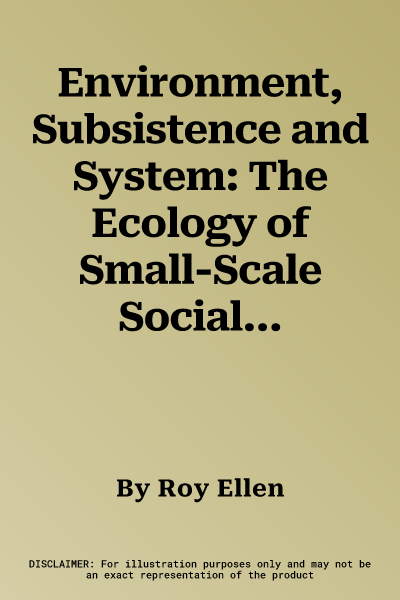Human ecology is ultimately part of a general theory of society. This is
the argument developed here by Roy Ellen, whose exploration of the
interplay between social organization and ecology in small-scale
subsistence systems has direct bearings both on the investigation of
human environmental relations in general and on contemporary social
theory. He argues that while ecological study of non-industrial
societies cannot be elevated to the status of theory, domain or
discipline, it can be represented as a single 'problematic' that
historically has acquired some degree of autonomy and which continues to
make a significant contribution to a wider anthropology. Dr Ellen
introduces his subject matter through an extended and systematic
discussion of some major frameworks developed within the last hundred
years to examine and explain facets of the relationship between culture,
social organization and the environment: determinism, possibilism,
cultural ecology, systems theory and ideas derived from modern biology.
He follows this with a detailed review and appraisal of important recent
research involving the use of ecological models, methods and data. This
original and innovative study of the pre-eminently social character of
human ecological relations will be of considerable interest to all
students and researchers concerned with understanding the nature of the
relationship between human beings and their environments.

